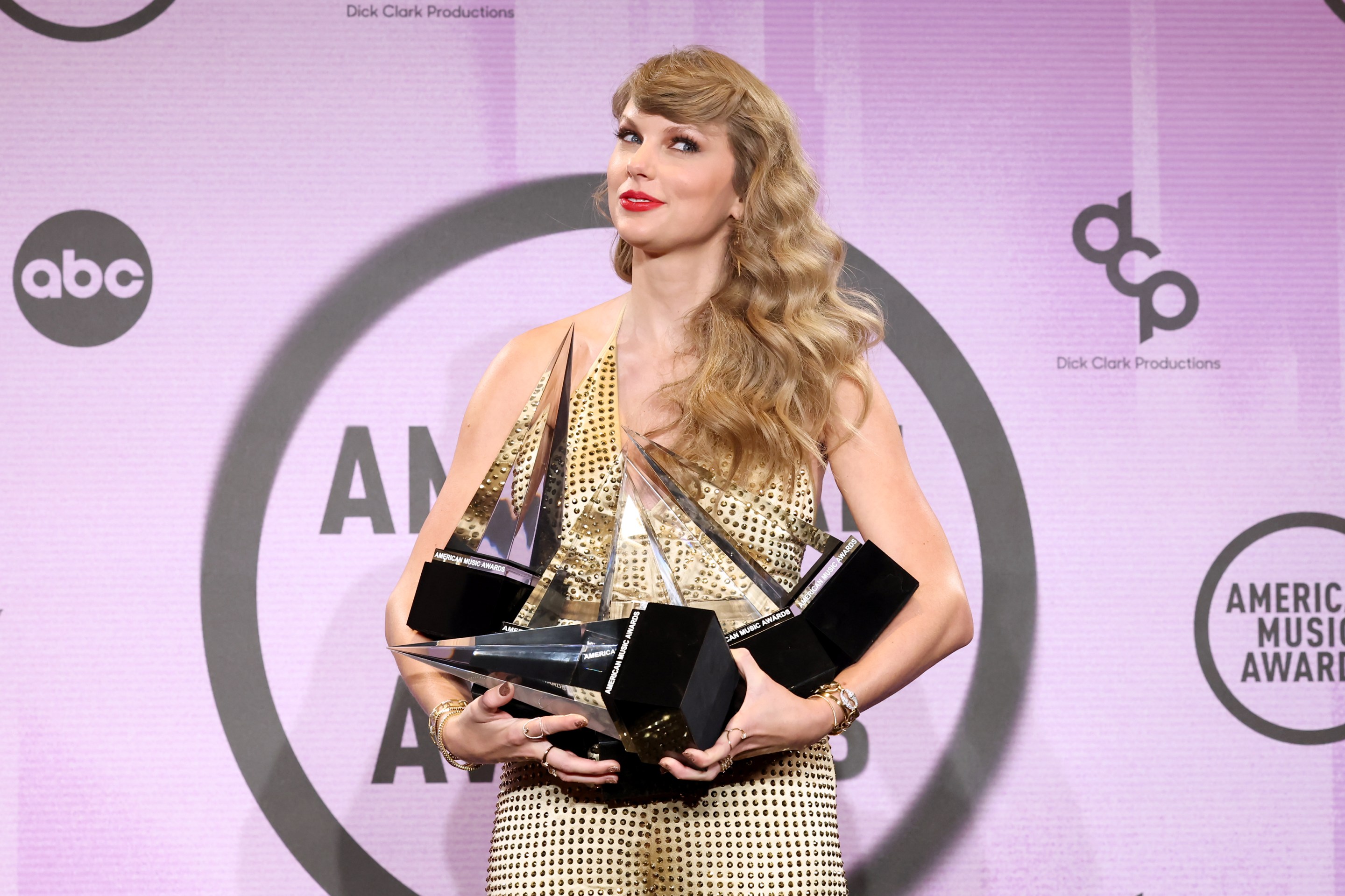A few weeks ago, I got an email from Ticketmaster that warmed my cold, dead heart. The email was sent to many other people like me, who had waited hours in a digital queue to buy Taylor Swift concert tickets and ended up empty-handed. The email promised an "opportunity to request to purchase 2 tickets." I wasn't happy because there was an opportunity to purchase tickets—that language was far too vague to get me excited—but because the top of the email read: "We apologize for the difficulties you may have experienced, and have been asked by Taylor’s team to create this additional opportunity for you to purchase tickets."
Now, I have many, many questions about how this process played out. Where exactly did these hundreds of thousands of tickets come from if every single show was "sold out" the day tickets went on sale? Were they held back by Ticketmaster for something or someone else? Were they equally held from every show? There's no way they were given up by people who had actually purchased tickets. The tickets (especially before Christmas) were reselling for twice their face value. If they were bought by bots and then revoked, then that is a huge flaw in Ticketmaster's supposedly secure Verified Fan program.
Ticketmaster provided no explanation for where the new tickets came from. It did not address Swift's statement, soon after the ticket debacle, that said it was "excruciating for me to watch mistakes happen with no recourse." The FAQ it sent only said how to buy tickets. The whole thing felt like a desperate cry, a last-minute Band-Aid slapped over a gushing wound. It also was an acknowledgement, however subtle, that the tide is turning.
There are more signals of that perhaps those who benefit most from Ticketmaster's near-stranglehold on ticketing for live concerts should worry. A few weeks ago, more than two dozen Swifties filed a lawsuit accusing Ticketmaster of fraud, misrepresentation, and antitrust violations, saying that "Defendant's anticompetitive behavior has substantially harmed and will continue to substantially harm Taylor Swift fans, as well as competition in the ticket sales marker and the Secondary Ticket Services Market." And it's not just Swift's fanbase. Bad Bunny fans in Mexico are also furious after Ticketmaster failed to make sure that people with actual tickets could get into the show. Country music artist Zach Bryan just released 24 live song recordings under the title All My Homies Hate Ticketmaster.
This is not the first attempt to bring down Ticketmaster. Pearl Jam, famously, lost its battle against the ticket giant in the '90s. But this scandal feels, to me at least, like it might have legs. Senator Amy Klobuchar, chair of the Senate Judiciary Subcommittee on Competition Policy, Antitrust, and Consumer Rights, sent a letter to Ticketmaster and told NPR, "There becomes this pitch point where there's so much anger from the public, and now it might be online. Before, it was on street corners and in farmers' halls. But when it gets to that point, that's when something gets done."
One of the most frustrating mantras that I heard over and over again from people who worked on the Hill when I lived in Washington, D.C. was a version of this idea. The court's opinion and the actions of legislators, they said, followed public opinion. It was their job to do what the people wanted. This, to me, still sounds like an abdication of responsibility. It should not take the public and artists being mistreated by a giant corporation for decades for the government realize that it did not prevent what sure looks like a monopoly from forming, which is part of their job.
But if the government really does follow the court of public opinion, then the public is ruling right now. The public is frustrated and wants change. The artists are frustrated and want change. But unfortunately our only power is to yell and hope that, this time, the government will listen.






